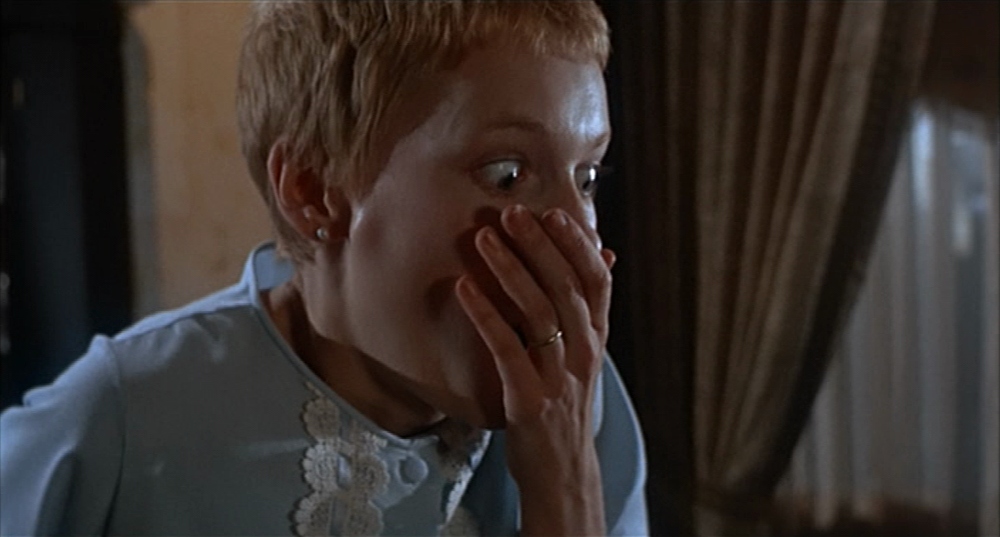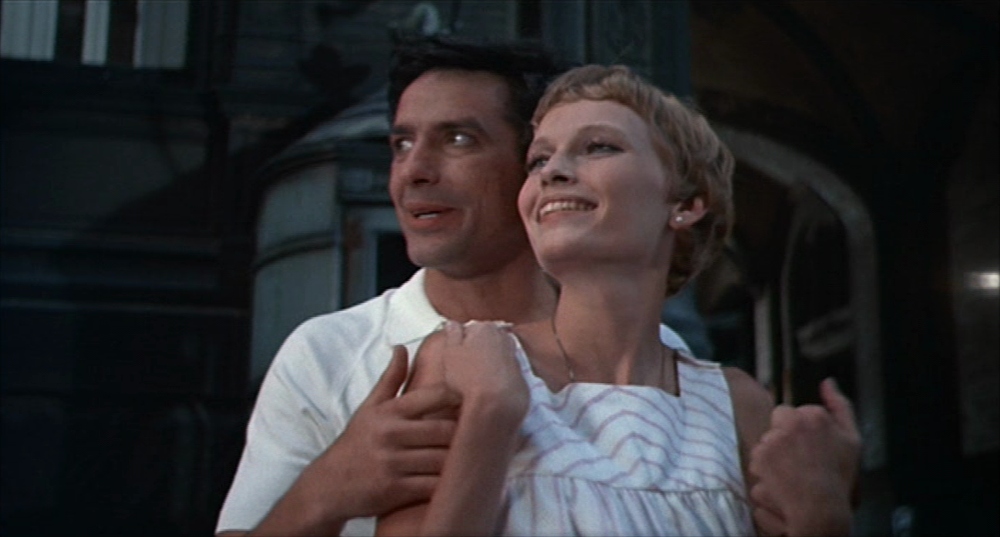
It begins with an apartment. Not a haunted house, not a crumbling mansion, but a seemingly elegant, unassuming dwelling in the heart of New York City. Yet, by the time Roman Polanski’s 1968 masterpiece, Rosemary’s Baby, concludes, that apartment, the very symbol of domestic security, has transformed into a gilded cage, a torture chamber of the mind.
This isn’t just a horror film about a satanic birth; it’s a chilling, precise psychoanalysis of gaslighting, isolation, and the terrifying erosion of a woman’s sanity, all played out with an insidious quietude that screams louder than any jump scare. For the discerning eye of horrorpsych.us, this is the definitive study in psychological suffocation.
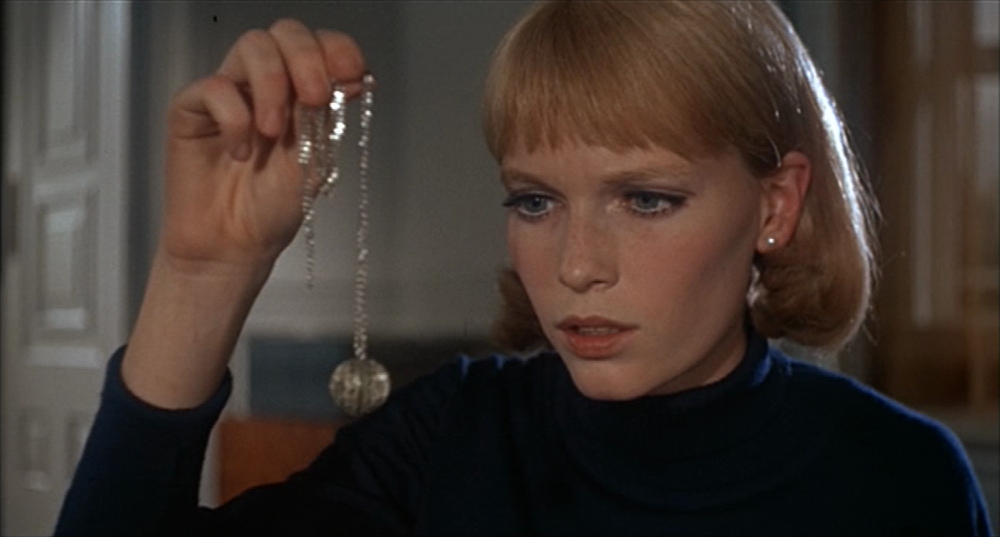
Rosemary Woodhouse (Mia Farrow), a young, newlywed Catholic woman, moves into the Bramford apartment building with her struggling actor husband, Guy (John Cassavetes). Their fresh start quickly sours under the suffocating “kindness” of their eccentric elderly neighbors, Minnie and Roman Castevet (Ruth Gordon and Sidney Blackmer). The initial unease is almost imperceptible: intrusive advice, unsolicited gifts, a persistent, cloying presence. But in retrospect, every sweet gesture is revealed as a tightening knot in the insidious web being spun around Rosemary.
The film’s genius lies in its relentless, claustrophobic focus on Rosemary’s subjective experience. We are locked within her perspective, forced to navigate the escalating strangeness with her. Her concerns are dismissed, her intuitions are belittled, and her fears are rationalized away by everyone around her, most crucially by Guy. “You’re being silly,” “You’re imagining things,” “It’s just nerves, darling.” These seemingly innocuous phrases become bludgeons, systematically dismantling her trust in her own perception. This is the very essence of gaslighting: the psychological manipulation of a person into questioning their own sanity, memory, or perception. And Polanski executes it with a chilling precision that remains unparalleled.
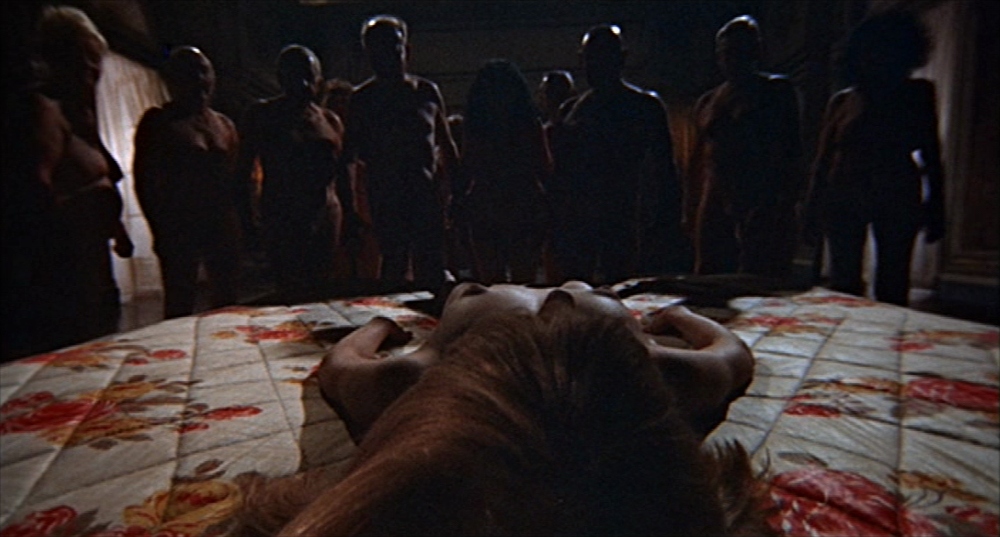
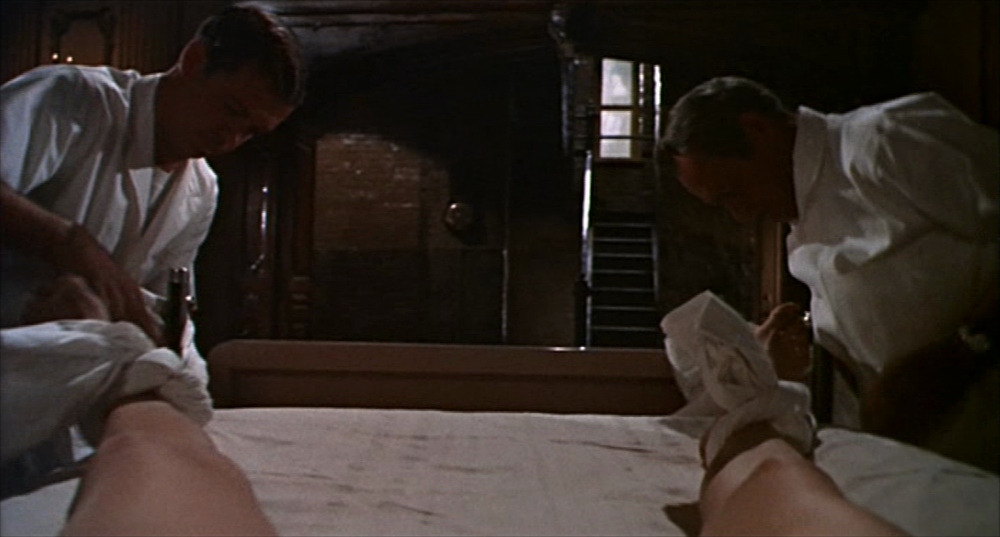
The horror is not overtly supernatural for much of the runtime. It’s the horror of extreme vulnerability. Rosemary is isolated, newly pregnant, and far from her familiar support systems. Her body is no longer entirely her own, and as her pregnancy progresses, her mind becomes a battleground. The unusual cravings, the strange herbal drinks prescribed by the Castevets, the chilling dream of being raped by a demonic entity – all of it is normalized, explained away, or subtly coerced. The fear is not of a monster in the closet, but of the people closest to you, their smiles masking a truly unholy agenda.
Consider the role of “motherhood” itself in this terrifying narrative. For Rosemary, pregnancy, typically a time of joyous anticipation, becomes a period of profound anxiety and physical torment. She is not creating a life; she is being used as a vessel. Her agency, her autonomy, her very body are systematically stolen from her. The collective, conspiratorial effort to control her body and her unborn child taps into a deep, primal fear of bodily invasion and the terrifying loss of control over one’s own reproductive destiny. The horror is in the insidious theft of maternity itself.
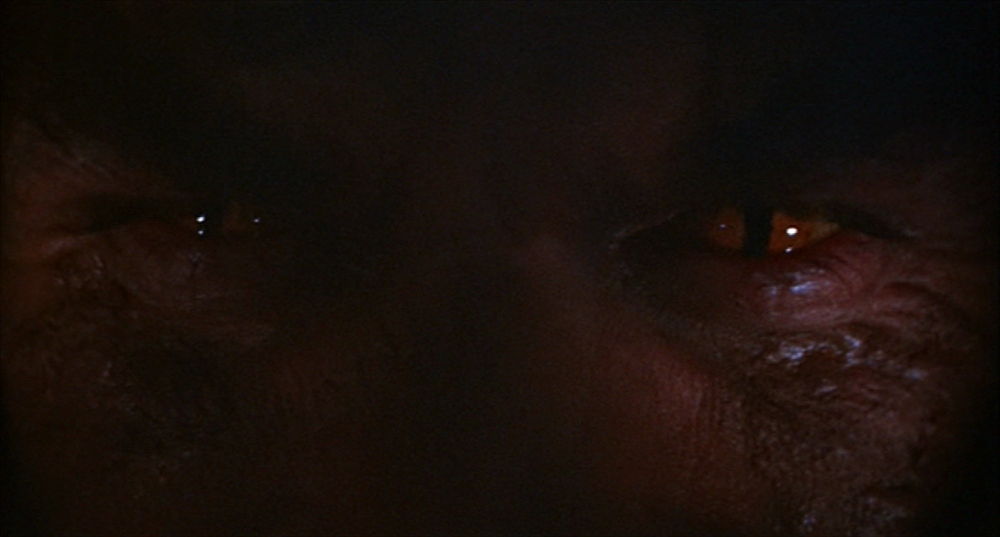
The psychological unraveling of Rosemary is a slow-burn masterpiece. Her once vibrant eyes become haunted, her movements hesitant, her voice often a desperate whisper. She becomes a prisoner within her own home, within her own skin, and ultimately, within her own mind, her perception of reality so thoroughly undermined that escape seems impossible. The film’s infamous final reveal—the chilling cradle, the monstrous baby, and Rosemary’s resigned, almost maternal acceptance—is not a moment of catharsis. It’s the ultimate triumph of the malevolent collective, a chilling victory of the insidious over the innocent, leaving the viewer with a profound sense of despair for Rosemary’s shattered soul.
Rosemary’s Baby is a timeless horror because its terrors are deeply human. It doesn’t rely on gore or cheap scares. Instead, it meticulously crafts an atmosphere of creeping dread, tapping into universal fears of betrayal, medical gaslighting, and the horrifying possibility that the people we trust most are orchestrating our destruction. It’s a chilling reminder that sometimes, the most profound evil isn’t found in a shadowy ritual, but in the quiet, smiling faces of those who wish to steal your very soul, one subtle manipulation at a time.
